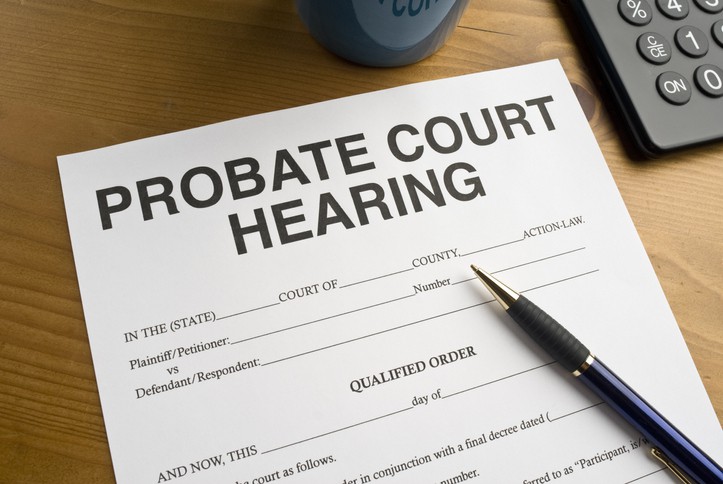What is probate? In Illinois, probate is a process in the courts that may be required after a person dies to establish the validity of any will, identify who will inherit the property of the decedent, and to pay valid debts and taxes. The executor is the person in charge of compiling the necessary information, handling the affairs of the estate, and accounting for the assets, payments, and distributions.
Probate may or may not be required, depending on what the decedent owned and how it was held.
When the deceased owned assets worth more than $100,000 in his own name, or real estate of any amount in his own name, probate is required.
Assets held in trust, held in joint tenancy with a right of survivorship, real estate held in tenancy by the entirety (if the spouse remains alive), and real estate for which a transfer-on-death instrument had been recorded, may not have to go through probate, however.
Also, accounts and contracts for which a beneficiary has been designated (such as retirement accounts, life insurance policies, and annuities) may be payable directly.
The probate estate is an entity subject to taxation on income and gains that accrue while the estate is open. In addition, Illinois estate taxes will be due if the estate has a value of $4 million, and federal estate taxes will be due if the estate has a value of $5.49 million (for the 2017 tax year).
Before the estate is closed, the executor must prepare a final accounting for the court to report the income, expenses, payments, and distributions.
If you’ve been recently named an executor or personal representative of an estate, Windy City Legal can help navigate the process with you so it’s less intimidating and more unifying for the family. Talk to us about the experience with a different kind of estate planning attorney: Windy City Legal.


